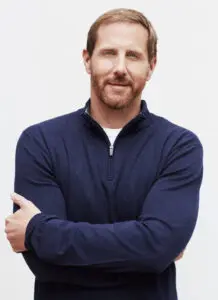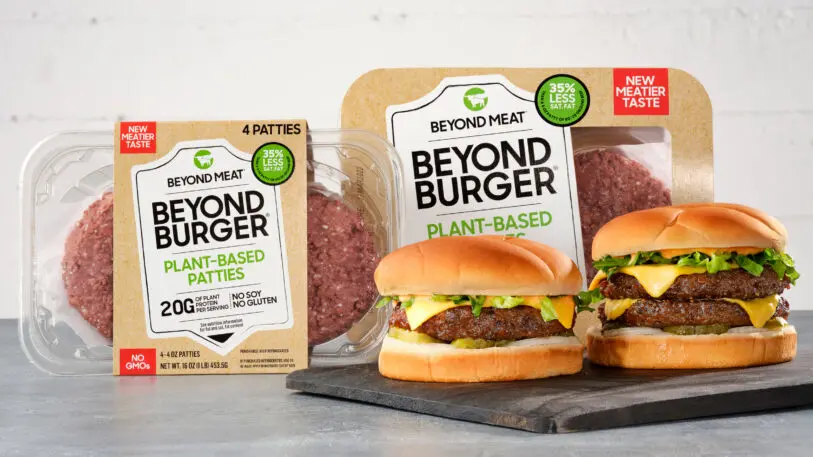Beyond Meat doesn’t like the term “fake meat.” That’s because, when considering what makes meat meat, its plant-based versions contain all the same stuff—minus the cholesterol. “If you think about it from a composition perspective, it really is amino acids, lipids, trace minerals, vitamins, and water,” says Ethan Brown, Beyond Meat’s CEO. “That’s kind of what meat is. All of those things are available in plants.”

So, what better way to kick off the podcast than for a meat eater like myself to taste-test the latest Beyond Meat burger patty, the 3.0, which contains less saturated fat and calories than the previous iteration and a supposedly meatier flavor. “It’s really around continuing to drive that taste more toward a neutral beef taste,” Brown says. You can hear me chomp my way through a freshly delivered cheeseburger and lend my review—if you can tolerate the gnawing noises.

The push is not about shaming people for their choices, Brown says; meat was a critical part of our evolution as humans. But technology can now move us in a more sustainable direction. And when the taste gets there, he hopes to see not just a flexitarian, on-and-off transition, but a full one. He uses a familiar tech analogy: phones. “You didn’t say, ‘Well, I’m only going to have a landline a couple of days a week,'” he says. “We just went to the mobile phone, because of better technology.”
You can listen and subscribe to World Changing Ideas on Apple Podcasts, Stitcher, Spotify, Google Podcasts, or wherever you get your podcasts.
Recognize your brand’s excellence by applying to this year’s Brands That Matter Awards before the early-rate deadline, May 3.